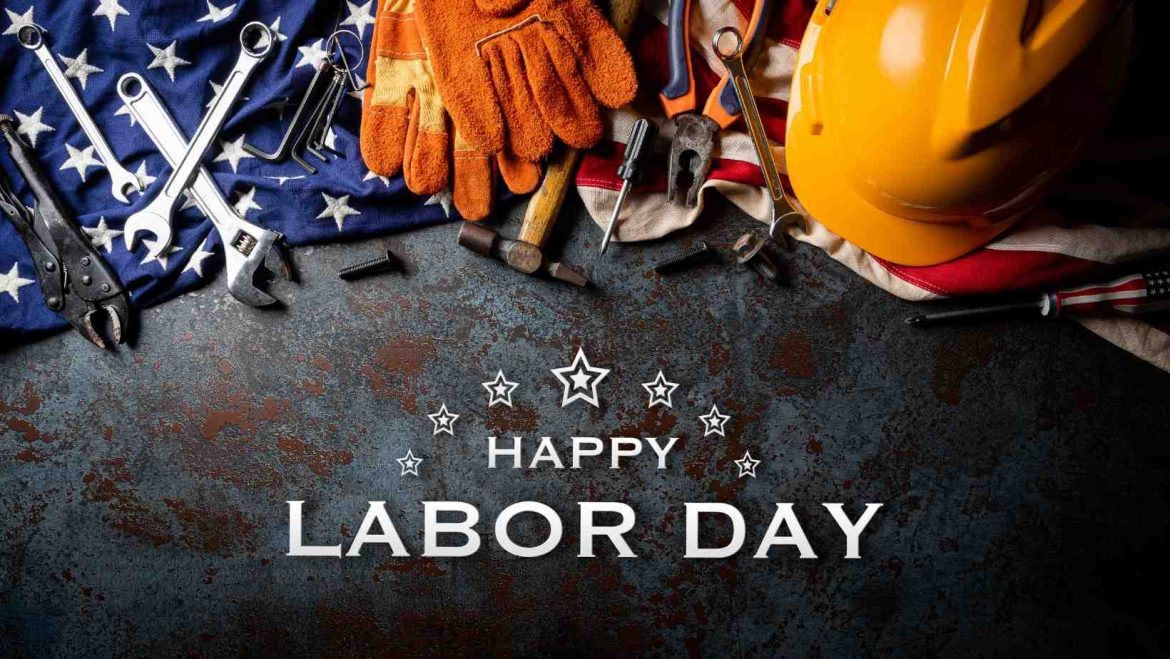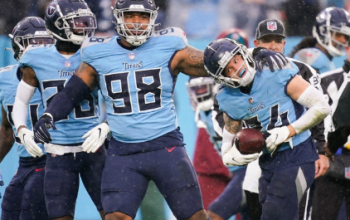Labor Day is a cornerstone of American culture, embodying the spirit of work and the contributions of the labor force. But what exactly is Labor Day, and why do we celebrate it? This article delves into the history, significance, and modern observances of this important holiday, shedding light on its deeper meaning and relevance today.
The Origins of Labor Day
Labor Day, usually observed on the first Monday in September, was first celebrated in the late 19th century. Its roots trace back to the labor movement, which advocated for workers’ rights and better working conditions. The idea of a holiday dedicated to workers emerged from the efforts of labor leaders and activists who sought to honor the achievements of the American workforce.
The holiday was first proposed by Peter J. McGuire, co-founder of the American Federation of Labor, and Matthew Maguire, a machinist and labor organizer. They envisioned a day to recognize the contributions of workers and the labor movement’s role in shaping fair labor practices.
In 1894, President Grover Cleveland signed a bill making Labor Day a federal holiday. This move came in the wake of the Pullman Strike, a significant labor dispute that highlighted the need for a national day to honor workers.
The Significance of Labor Day
Labor Day is more than just a long weekend; it is a celebration of the achievements and contributions of the American labor force. It marks the end of summer and the beginning of the school year for many families, but its true significance lies in its origins.
The holiday serves as a reminder of the ongoing struggle for workers’ rights and the importance of fair labor practices. It acknowledges the sacrifices made by workers throughout history and the progress achieved through collective efforts.
How Labor Day is Celebrated
Labor Day is celebrated with various activities across the United States. Here are some common ways people observe the holiday:
- Parades and Festivals: Many cities host parades and festivals featuring music, dance, and floats celebrating the working class. These events often highlight the achievements of local labor unions and organizations.
- Barbecues and Picnics: Labor Day has become synonymous with outdoor gatherings. Families and friends often come together for barbecues and picnics, enjoying the final days of summer.
- Retail Sales: Many retailers offer Labor Day sales, marking the holiday with discounts on a wide range of products. This shopping tradition has become a significant aspect of the holiday for many Americans.
- Rest and Reflection: For some, Labor Day is a time to relax and reflect on the importance of work and workers’ rights. It provides a moment to appreciate the value of labor and the progress made in improving working conditions.
The Modern Relevance of Labor Day
In today’s context, Labor Day remains a vital occasion to reflect on the evolving nature of work. The rise of the gig economy, technological advancements, and changes in labor laws continue to shape the landscape of employment. The holiday prompts discussions about workers’ rights, job security, and the future of work.
As we celebrate Labor Day, it’s important to recognize the ongoing efforts to ensure fair treatment and opportunities for all workers. The holiday serves as a reminder of the progress made and the work still needed to achieve equity and justice in the workplace.
Conclusion
Labor Day is more than just a day off from work; it is a tribute to the hard work and dedication of the American labor force. Understanding what Labor Day represents helps us appreciate the significance of this holiday and the ongoing efforts to improve working conditions. As we celebrate, let’s honor the legacy of those who fought for workers’ rights and continue to advocate for fairness and justice in the workplace.
By acknowledging the historical roots and contemporary relevance of Labor Day, we can celebrate its true meaning and ensure that the contributions of workers are recognized and valued.
Why we celebrate Labor day
Labor Day is celebrated to honor and recognize the contributions of the American workforce and the labor movement. It serves several key purposes:
- Acknowledging Workers’ Contributions: Labor Day is a time to appreciate the hard work and dedication of individuals who contribute to the economy and society. It highlights the essential role that workers play in building and maintaining the nation’s prosperity.
- Honoring Labor Movement Achievements: The holiday pays tribute to the labor movement’s efforts to improve working conditions, wages, and workers’ rights. The labor movement has been instrumental in achieving significant labor reforms, including the establishment of fair labor standards and workplace safety regulations.
- Marking the End of Summer: Traditionally, Labor Day marks the end of summer and the beginning of the school year for many families. It serves as a cultural marker, signaling a transition from summer leisure to autumn routines.
- Celebrating Workers’ Rights: Labor Day reminds us of the ongoing importance of advocating for workers’ rights and fair treatment. It encourages reflection on the progress made in labor laws and the need for continued efforts to ensure equitable working conditions.
Overall, Labor Day is a celebration of the achievements of the labor force and the ongoing quest for workers’ rights and fair treatment. It provides an opportunity to both honor past accomplishments and look forward to future improvements in the world of work.



